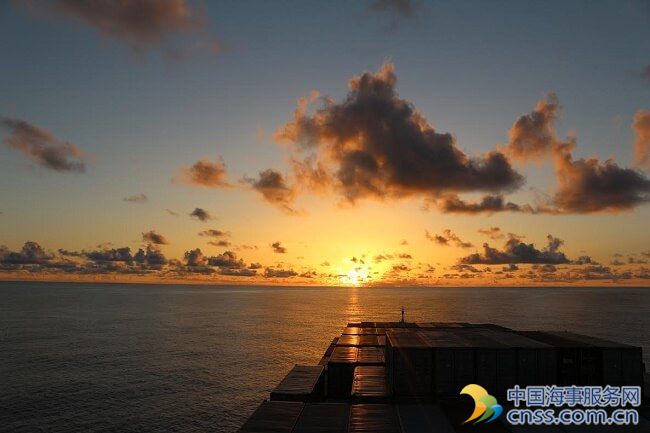BIMCO Launches Anti-Corruption Clause For Shipping Contracts Worldwide

BIMCO, the world’s largest international shipping organisation, has now launched an anti-corruption clause for charter parties.
The new clause will give owners and charterers a contractual platform for cooperative action to resist demands for illegal payments from port officials and others.
BIMCO Secretary General, Angus Frew, said: “BIMCO recognises the importance of a united approach by the shipping industry towards stamping out corruption in the ports and places where the world’s merchant fleet trades.
“Use of the clause is entirely voluntary – it has been developed for owners and charterers who want to combat corrupt practices in ports by using a clearly worded framework in their charter parties.”
The clause can be used in any jurisdiction because it applies the anti-corruption laws applicable to each of the parties and the local law of the place where the ship is located.
A key provision of BIMCO’s Anti-Corruption Clause is a mechanism for owners to issue a note of protest if an illegal demand is made and the demand is not withdrawn.
This triggers a co-operative response by charterers and owners to the demand. A safeguard for the owners if they issue a protest to resist a demand and the ship is delayed is that charterers cannot place the ship off-hire.
Inga Froysa of Klaveness, Norway, is part of BIMCO’s Documentary Committee and headed the drafting team for the new clause. Mrs Froysa commented: “Our objective is to provide the industry with a fair and balanced clause.
“The clause addresses owners’ and charterers’ responsibility to comply with anti-corruption legislation and helps them to work together to resist demands for illegal payments”.
She added, “BIMCO’s Anti-Corruption Clause is the result of a concerted effort by a team of international lawyers and practitioners to provide an acceptable and workable alternative to the clauses currently in circulation.”
HEADLINES
- Do shipping markets want Biden or Trump for the win?
- All 18 crew safe after fire on Japanese-owned tanker off Singapore
- Singapore launching $44m co-investment initiative for maritime tech start-ups
- Cosco debuts Global Shipping Industry Chain Cooperation Initiative
- US warns of more shipping sanctions
- China continues seaport consolidation as Dalian offer goes unconditional